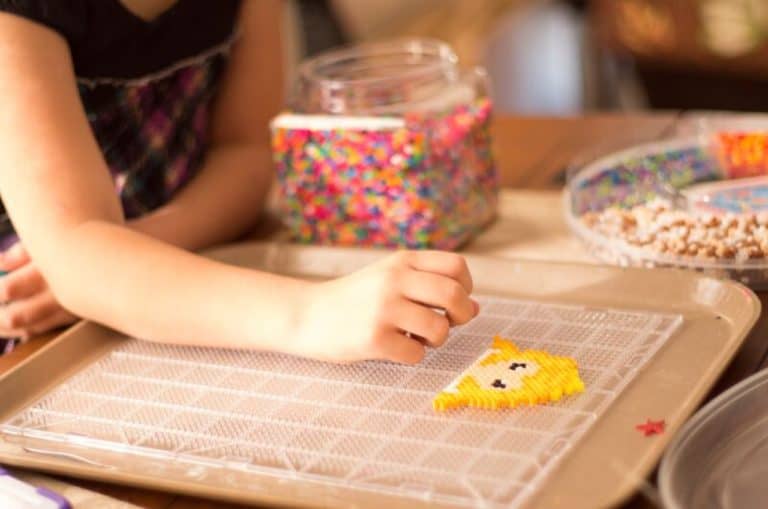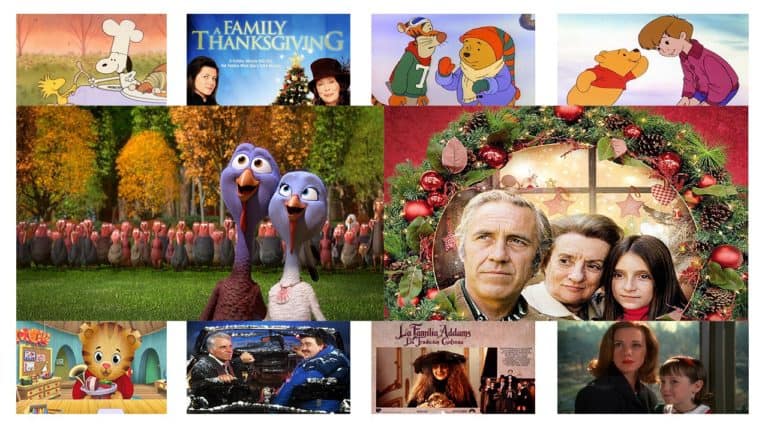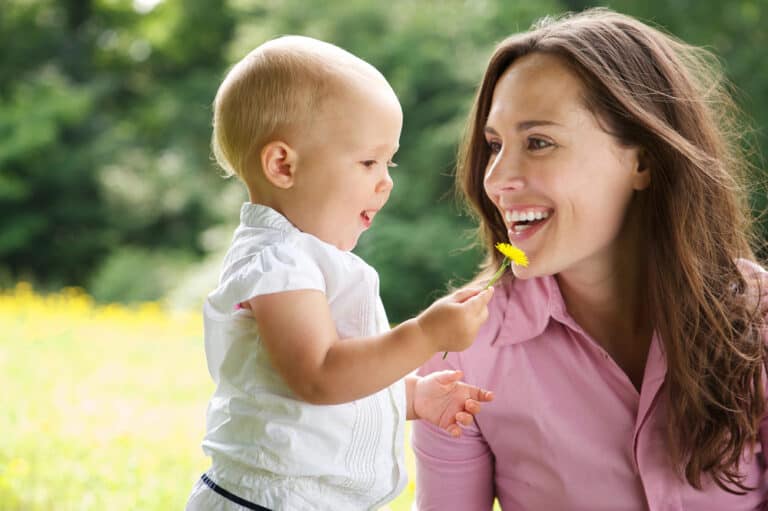How to Raise a Curious Kid in the Digital Age
Kids are curious by nature. While we can’t dictate what our kid’s elusive interests will be, we can certainly encourage them to find it for themselves. Parents and schools need to embrace this powerful driver of learning, rather than squeezing the joy out of learning. There are some creative ways to raise a curious kid as the fleeting months and years of childhood pass by.
Helping children learn to satisfy curiosity through exploration is one of the best skills you’ll ever nurture.
Parents are the first and most important teachers of a kid’s life. Parenting in the early years plays a pivotal role in determining the curiosity level of a kid. It is also much easier for a parent to support curiosity than in the school setting.
Parents have been raising curious kids for centuries without any parental book or any external advice. But there are some rules that tend to work.
Use Your Creativity
Kids are naturally curious, and they keep asking questions fairly incessantly. All you need to do is answer as best you can and be honest with them. If you don’t know the answer to something, say so. Many questions have to do with the way things, such as ‘Is there a God/heaven?‘ and ‘Why are we here?‘ All you can do is use your creativity to talk about the possibilities and let them develop their own theories.
Support Their Curiosity
When a kid asks a question, and you don’t know the answer, guide them to find the right answer. Instead of giving dead-end answers like “I don’t know,” say something that elevates their curiosity, like “I don’t know – shall we find out?” Whether this means opening a book, going on the internet, going to visit a place, finding the right person to ask, or doing an experiment, it doesn’t matter. The result is the child learns that there are ways to satisfy their curiosity.
Stimulate Their Fascinations
All children are born to explore their surroundings; give them open-ended toys at a young age so that they can make games up with, or better still make things together. Take them to places they can explore, such as running in and out of the bushes. As they grow, take them to the library, museums, and stately homes. None of this will cost you a lot.
Let Them Make Mistakes
Spend quality time with them without being overbearing and intrusive. Kids need their “space” for curiosity. Let them make mistakes, and don’t shield them from life. Keep in mind that screwing up is an important part of growing curiosity. Be supportive and sometimes provide a soft landing, but don’t shield.
Encourage Activities That Will Help Them Become A Curious Kid
Encourage kids to play stimulating games with friends. Help them find activities that will generate a peer group that supports curiosity. The truth is that peer groups often have much more influence on kids than parents and teachers, especially on non-core values.
Make Errands Enjoyable
Watching your kid develop is fascinating. You’ll enjoy the process of finding out who your child is. We often get lost in the daily grind and lose touch with them, but some simple ideas take no time at all to strengthen the parent-child bond. Go for a rain walk to the grocery store with your kid, and splash in puddles, and just let him/her frolic and play. Those memories will live forever!
Provide Resources They Need For Developing Curiosity
Kids need their own space and a lot of unstructured, child-directed, and imaginative playtime. Give them a specific place where they can make a mess. Kids learn through the arts. Encourage them to play with items like paints, cheap cameras, costume components, and building blocks. It is a juggling act – encouraging them to try new things while also making sure they have plenty of time to play freely.
To Raise Curious Kids, Be a Curious Parent
If kids see their parents being curious, then they will follow their parent’s lead and be curious about themselves. Let your child see you learning – let them see you read too. After all, curious parents are more prepared to raise a curious kid.
Curiosity is not simply an innate trait; it’s a state of mind. Studies have shown that it can be developed through proper nurture. We need to encourage our children to be who they are, rather than who we want them to be. Curiosity will help them find their own way.







